The Biden-Harris Administration is boosting domestic battery manufacturing with a substantial $3.5 billion funding injection. Made possible by the Infrastructure Law, this funding aims to support the production of advanced batteries and battery materials within the United States.
It will establish new facilities, retrofit existing ones, and expand domestic capabilities for critical minerals, battery components, and cell and pack manufacturing. This investment aligns with the administration’s commitment to achieving a net-zero emissions economy by 2050 and increasing the adoption of electric vehicles.
Funding for Domestic Battery Manufacturing
The funding for domestic battery manufacturing will be provided through a $3.5 billion allocation from the Infrastructure Law. This funding aims to boost domestic production of advanced batteries and battery materials. It will support the creation of new, retrofitted, and expanded domestic facilities for battery-grade processed critical minerals, battery precursor materials, battery components, and cell and pack manufacturing.
The funding will be administered by the Department of Energy’s Office of Manufacturing and Energy Supply Chains (MESC). This allocation is part of the Biden-Harris Administration’s efforts to reach a net-zero emissions economy by 2050 and promote the transition to clean energy. Batteries play a critical role in this transition, as they’re essential for grid storage, resilience of homes and businesses, and the electrification of the transportation sector.
Additionally, the funding opportunity supports the goal of directing 40% of the overall benefits to underserved and overburdened communities. The focus is on delivering strong benefits for American workers, promoting collective bargaining agreements, and creating high-quality, high-wage hourly production workforce.
Clean Energy Transition and Battery Manufacturing
Recognizing the crucial role that batteries play in the transition to a clean energy economy, the administration seems committed to supporting the building of a domestic supply chain for clean energy industries.
With the demand for electric vehicles and grid storage projected to increase significantly in the coming years, the administration’s investment in battery manufacturing will help meet this growing demand as well.
Image credit: Kenny Holston, Getty Images

